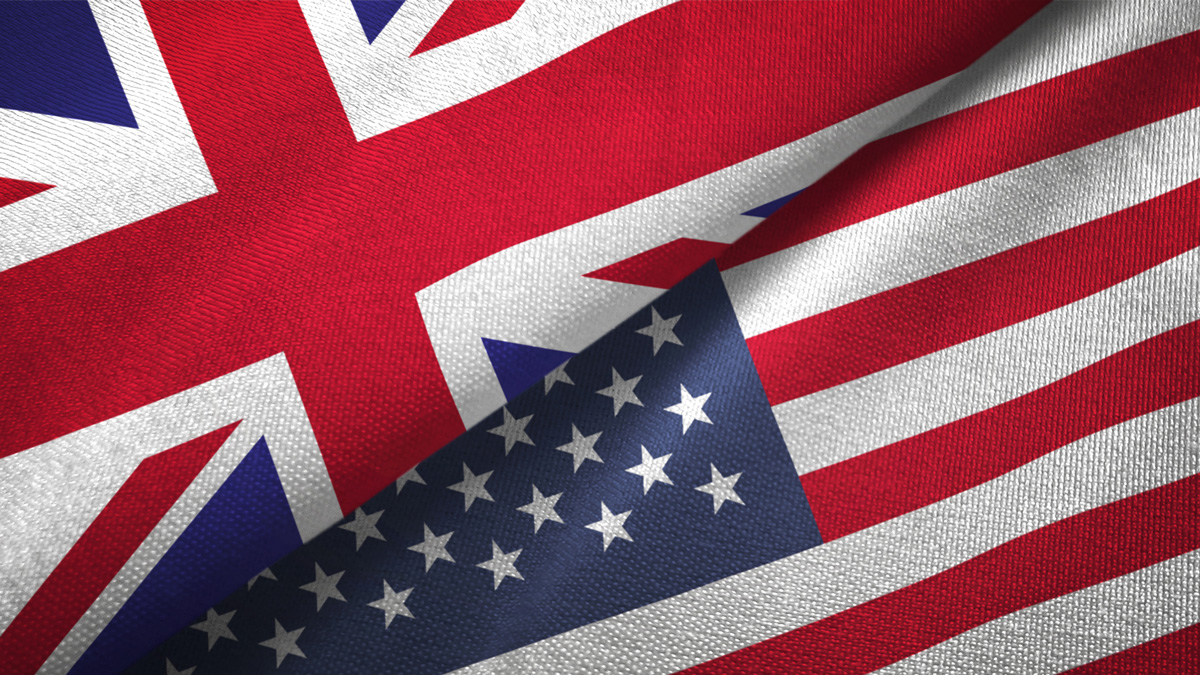Secret US-UK talks on drug pricing revealed

Despite the UK still not leaving the European Union – pencilled in for the 31 January 2020 at the time of writing – the need to strike new trade deals has led to secret trade discussions between the US and the UK on drug pricing, according to a Dispatches investigation for Channel 4 broadcast on 28 October 2019. Leela Barham adds her perspective, building on the fact-checking she did for the show.
The UK’s prime minister, Boris Johnson, has said that the NHS is not on the table for any future US-UK trade deal. That’s presumably because the NHS is seen as the closest the UK public has to a shared religion.
Whilst Johnson’s comments came before a General Election on the 12 December were confirmed, the PM is likely to have had in mind what the UK electorate will make of any suggestion that the US – including US pharmaceutical companies – could play an influential role in the NHS. A skim through the responses to the Dispatches twitter thread on their programme shows just how dear the NHS is to the heart of the tweeting UK public.
The PM’s position seems to be undermined by reports of six meetings between trade officials where the NHS has come up, specifically the pricing of drugs that the NHS buys. Even worse, a former top trade negotiator for Trump has said that he doesn’t understand what the UK’s PM meant when he said that the NHS was not on the table. Opposition leader Jeremy Corbyn has picked up on these claims and outright accused Johnson of planning a deal to hike drug prices with Trump.
Having countries like the UK pay more for drugs would also be in line with tackling what Trump has described as ‘freeloading’ by countries who pay less, so that the US pays more.
That drug pricing could very well be part of the deal is also supported by the fact that the US has secured concessions in drug pricing in trade deals struck with countries including Canada, Mexico and South Korea. Yet it is also true that the US has not always pursued drug pricing, trade deals with Australia and New Zealand did not includes these.
Challenging NICE
Challenging the role of the UK’s Health Technology Assessment agency, the National Institute for Health and Care Excellence (NICE) could be in part of the deal’s discussions.
Unlike the US, the UK has a well-established agency in NICE that acts as a break on the prices that companies – wherever their HQ is based – can charge the NHS. NICE can recommend that a drug is only used in some patients or even in none, if it’s not convinced about its clinical and cost effectiveness.
Cost-effectiveness plays a crucial role in NICE’s recommendations, focusing upon whether a drug is below, at or above cost-effectiveness thresholds that differ according to the rarity of the disease that the drug treats. Companies take into account NICE’s threshold when they are pricing for the UK market. That said, there’s a wrinkle in this in that this is often through offering a confidential lower price, rather than changing the UK list prices. UK list prices are often referenced by other countries.
It isn’t that the US doesn’t have something similar to NICE – it does in the not-for-profit Institute for Clinical Effectiveness Review (ICER) – but in the UK what NICE says affects funding by the NHS, as set out in legislation. In the US those holding budgets can take into account ICERs view – or indeed the views of other organisations who also look at the value of a new drug – but it simply doesn’t carry the same pricing and spending implications.
NICE and the many other agencies who look at cost-effectiveness of drugs have been heavily criticised by US pharmaceutical companies. PhRMA, the US trade organisation representing the industry, has funded research that has concluded that centralised government value assessments by UK NICE create barriers to patient access, as just one example of industry concerns.
Whilst it’s hard to imagine that NICE could be stopped from playing its role in appraising drugs in the UK – that would mean rolling back 20 years of work and primary legislation – changing the cost-effectiveness threshold it uses, as well as reducing the focus on Quality Adjusted Life Years (QALYs), could be a way to make the UK more ‘pharma friendly.’ That would however run counter to the policy debate that would be more likely to see a tougher threshold than a more generous one.
Challenging intellectual property rules
It’s not just about the role of NICE, but also how companies can gain revenue should the UK need to adopt more generous US rules about patents. US patents last longer, and that means that cheaper generics cannot enter the US market as fast as they can in the UK.
Dispatches focuses on Humira (adalimumab) used in the treatment of conditions including rheumatoid arthritis, inflammatory bowel disease and psoriasis. The NHS has already been changing patients to cheaper biosimilar alternatives since Humira went off patent in the UK in October 2018. NHS England, who pays the bill for specialised drugs prescribed to patients by the NHS in England, estimates that by 2021 the NHS could save £150m a year from the change. The US needs to wait until 2023 when the US patent expires.
Predictions of a higher drugs bill for the NHS
Whilst the full consequences of a trade-deal can’t be known in advance, if the UK were to pay list prices that are closer to those in the US, the NHS would need to spend more – a lot more – on drugs. Research for Dispatches suggests £27bn a year. To put that into context the UK’s annual drugs bill was £18bn in 2017/18.
There is reason to be sceptical of this estimate: in doing my fact-checking for Dispatches, it’s clear that the estimate is based on the best available public data on UK and US spend and prices, but there are good reasons why both aren’t reflective of reality.
Aside from confidential discounts and rebates which are a feature of both the UK and US markets, the UK also has companies pay back money to the UK government through both a voluntary pricing deal and a statutory scheme set out in legislation. The 2014 to 2018 voluntary deal saw payments reach over £3bn. Under the 2019 to 2023 voluntary deal payments have only been made for the first quarter of 2019 and totalled £197m. Payments under the statutory scheme were £18million for quarter 1 of 2019.
The UK’s trade group, the Association of British Pharmaceutical Industry (ABPI), whose members also include US-based firms, has set out its position on a potential US trade deal and medicines pricing. It says, “Pharmaceutical companies have voluntarily signed up to a five-year agreement which controls how much the NHS can spend on medicines; this will not change. The strict processes the UK has in place to ensure value for money mean we have some of the lowest prices for medicines in Europe and this is good for NHS patients.”
Just as with Brexit, the deal is yet to be done and the impacts not yet known, but the controversy has only just begun.
About the author
Leela Barham is an independent health economist and policy expert who has worked with all stakeholders across the health care system, both in the UK and internationally, working on the economics of the pharmaceutical industry. Leela worked as an advisor to the Department of Health and Social Care on the 2019 Voluntary Scheme for Branded Medicines Pricing and Access (VPAS).











